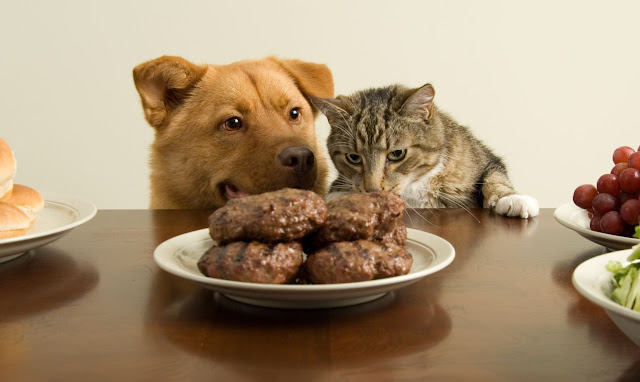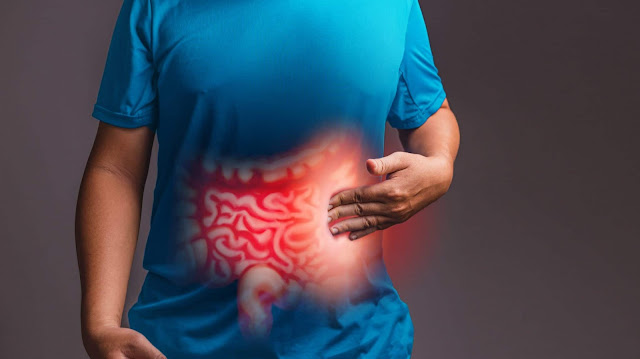The Poultry Vaccine Lifecycle From Hatchlings To Layers

Poultry Vaccine The Poultry Vaccine lifecycle plays a vital role in safeguarding the health and well-being of chickens, from hatchlings to layers. It is a comprehensive process that involves strategic planning, rigorous testing, and meticulous administration of vaccines to protect these birds from a wide range of infectious diseases. The lifecycle begins at the hatchery, where newly hatched chicks are vulnerable to diseases due to their underdeveloped immune systems. Vaccination at this early stage is crucial to provide them with immunity against common viral infections like Newcastle disease and infectious bronchitis. Vaccines are administered through various routes, including in vaccination, where the vaccine is injected into the egg before hatching, or through spray vaccinations in the hatchery. According To Coherent Market Insights, The Poultry Vaccines Market Was Valued At US$ 1,766.4 Million In 2022 And Is Anticipated To Grow At A CAGR Of 7.92% From 2023 To 2030 To Re...


